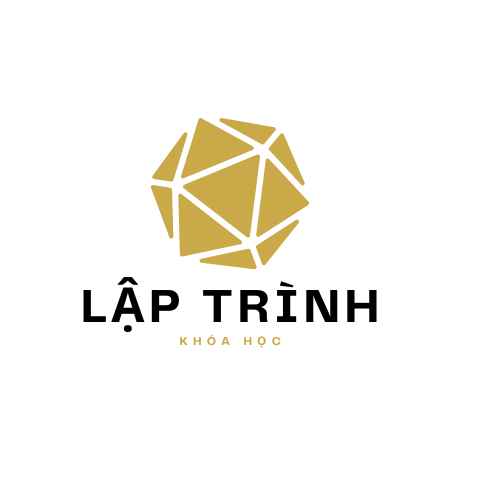Internet lawyers specialize in addressing the intricate regulatory environment of web-based services, encompassing confidentiality statutes, intellectual property rights, and multijurisdictional conformity. Their specialized knowledge bridges the gap between established legal norms and the distinct difficulties arising from the transnational character of the online world[1][4][5]. https://internetlawyers.net/
## Fundamental Functions of Internet Lawyers
### Privacy and Data Security
Internet lawyers guarantee adherence with worldwide mandates like the GDPR and CCPA, particularly for businesses processing consumer information across diverse regulatory regions[1][5]. Contemporary examples entail counseling software-as-a-service companies on data breach protocols and cross-border data transfers[3][14].
### Intellectual Property Management
Essential tasks encompass settling website address conflicts, combating counterfeit goods on e-commerce platforms, and handling unauthorized content use in user-generated content[5][10][16]. As an illustration, law firms like Panakos Law regularly pursue domain name hijackers under the ACPA[7][12].
### Regulatory Compliance and Risk Mitigation
Legal professionals create user agreements, data handling guidelines, and AI usage frameworks to reduce legal exposure[3][8]. As nearly all British practices adopting AI tools, internet lawyers now review AI systems for fairness assurance and ethical deployment[6][8].
## Digital Tool Adoption in Modern Practice
### AI-Powered Legal Tools
Platforms like Casetext utilize NLP algorithms to review legal documents 80% more rapidly than traditional approaches, detecting contractual inconsistencies and potential liabilities[3][8]. Forecast modeling systems evaluate historical rulings to predict litigation outcomes with 85% accuracy[6][11].
### Distributed Ledger Solutions
Emerging applications include self-executing agreements for digital rights management and NFT authenticity verification[8][11]. Practices including Syverson Law pioneer digital ownership disputes, setting precedents for cryptocurrency regulation[9][14].
## International Legal Complexities
### Conflicting Regulations
Businesses functioning in multiple nations encounter contradictory mandates, such as EU’s “right to be forgotten” versus US free speech protections[1][10]. Current judgments in California courts emphasize the unenforceability of territory-restricting terms in online terms of service[4][9].
### International Dispute Tactics
Successful methods involve forum shopping and leveraging global agreements like the Budapest Convention[16][18]. The Internet Law Group regularly files claims in ICANN-approved arbitration centers to recover domains within 60 days[7][12].
## Moral Implications in Digital Law Practice
### Machine Learning Oversight
Top practices adopt prejudice identification systems and openness guidelines to preserve client confidence in machine-influenced rulings[6][8]. As an illustration, Clio’s Legal Trends Report suggest external reviews for all predictive justice tools[6][11].
### Data Sovereignty Debates
Ongoing conflicts center on state data requests versus company confidentiality pledges. Recent EU court rulings mandates American companies to store EU citizen information domestically, complicating cloud storage practices[3][14].
## Future Outlook for Digital Legal Practice
### Decentralized Autonomous Organizations
Anticipated regulations will address algorithmic agreement responsibilities and NFT ownership rights, requiring innovative adherence approaches from Web3 enterprises[8][11]. Practices including Gilbertson Davis already provide cryptocurrency IPO advice across multiple legal regions[18][16].
### Quantum Computing Preparedness
Future obstacles encompass post-quantum cryptography standards and AI-generated deepfake litigation. Pioneering attorneys collaborate with university scientists to create deepfake identification systems for legal evidence validation[8][11].
